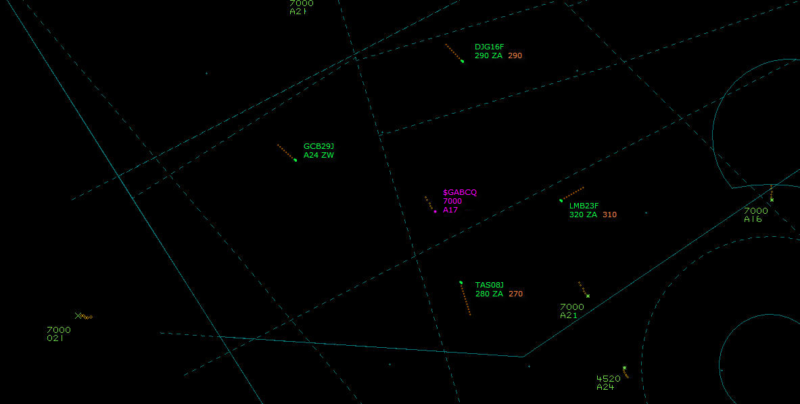Airspace
How do we balance traffic demand with our airspace capacity?
9 February 2018With traffic reaching unprecedented levels and forecast to continue growing in the years to come, it’s vital that we maximise our airspace capacity. Understanding the traffic demand is essential to achieving this. Without an accurate demand forecast, it’s challenging to make best use of the resources – particularly staff, airspace and sector configurations – that help deliver that capacity.
Last month we welcomed representatives from the Department for Transport (DfT) and the European Commission’s Innovation and Networks Executive Agency (INEA) to our Swanwick Centre to see some of the work we’re doing to modernise our ATM systems as part of the SESAR (Single European Sky ATM Research) programme.
Managing the transition from paper to digital
24 January 2018Back in November 2017, we started transitioning controllers in our London Terminal Control Centre from a system of paper strips to a new electronic flight strips tool called EXCDS. It’s vital that we prepare ourselves for the significant growth in air travel that’s forecast for the years ahead and we need new tools, such as EXCDS, to help us do that.
With traffic forecast to grow significantly over the next decade and ongoing pressures to improve environmental performance and reduce costs whilst maintaining safety, we need to change the way we manage air traffic in the UK.
Help us, help you: NATS launches GA pre-notification tool
15 December 2017You might have read the Aeronautical Information Circular (AIC) explaining that on 1 January NATS is launching a new GA pre-notification tool as part of an online Airspace Users Portal for all non-standard flight applications. Find out more…
Making paper strips digital
23 August 2017The airspace above London and the South East is some of the busiest and most complex in the world, so it might come as a surprise to know that a core part of the way air traffic is managed in this airspace currently still relies on pen and paper…
Over the past few weeks we have highlighted the issues associated with airspace infringements including the significant impact they can have on controller workload, the necessary avoiding action, delays and cost that can result to other pilots following an incident.
First major update to Airspace Explorer out now
10 August 2017It’s been four months since we launched Airspace Explorer, our flight tracking and airspace education app that’s available for free on iPad, and our first major update has just gone live.
The Government recently published its response to the consultation it ran on the safe use of drones in the UK. The headline announcement is the plan to introduce mandatory registration for drones over 250 grams in weight, as well as mandatory competency testing to support it.
Airspace infringements by General Aviation pilots entering controlled airspace remain the biggest risk to the air traffic operation and they are becoming a daily occurrence in the summer months. An infringement occurs when an aircraft enters a volume of airspace without gaining permission, and they can have a huge impact on the system causing aircraft to be diverted, put into holds or held on the ground.









